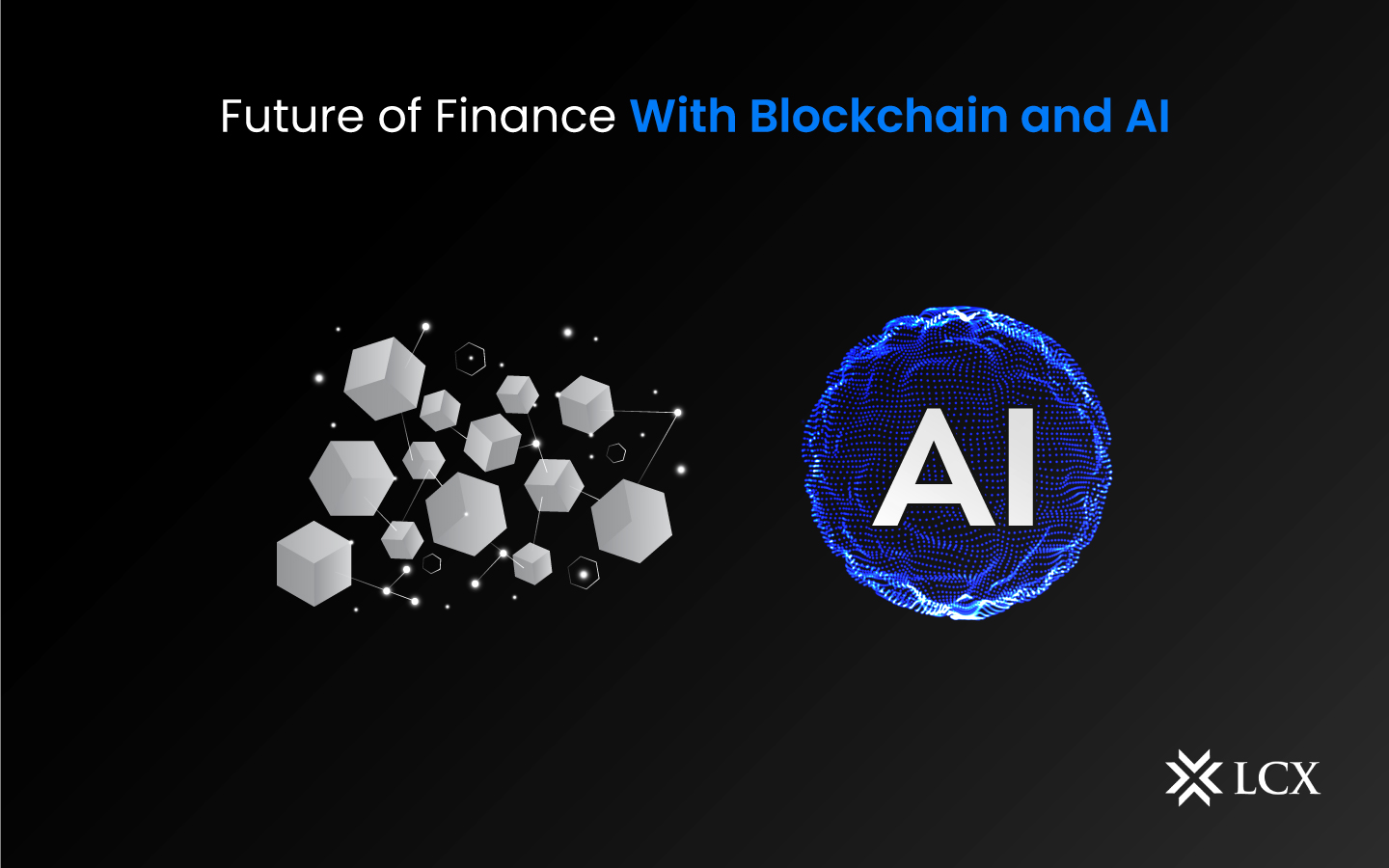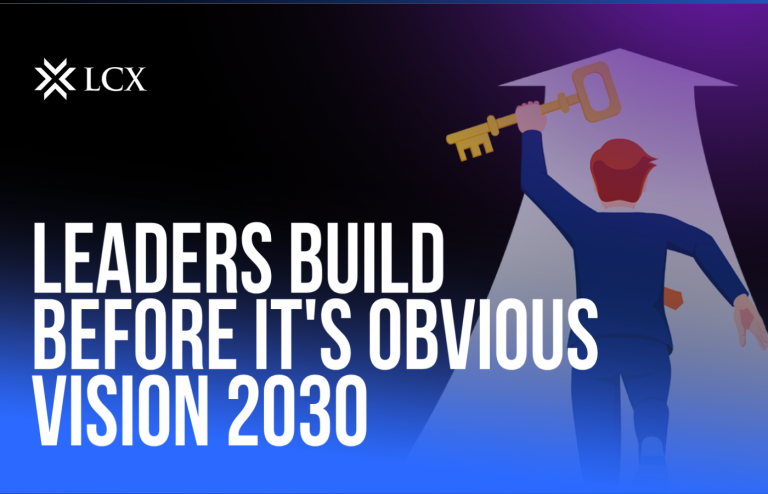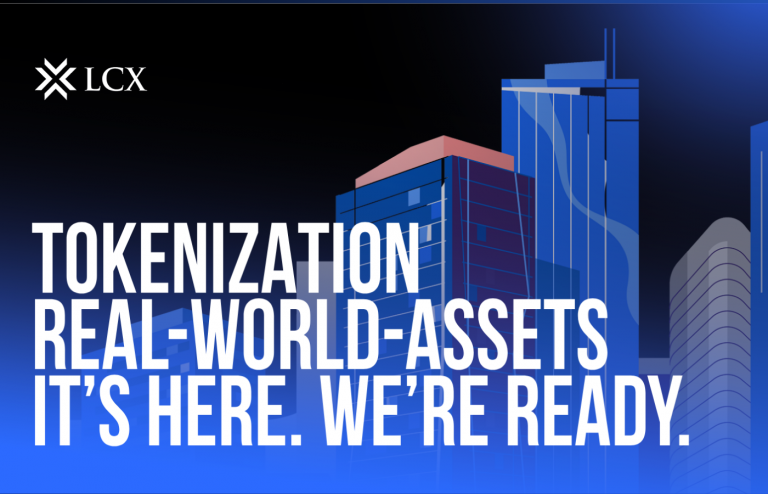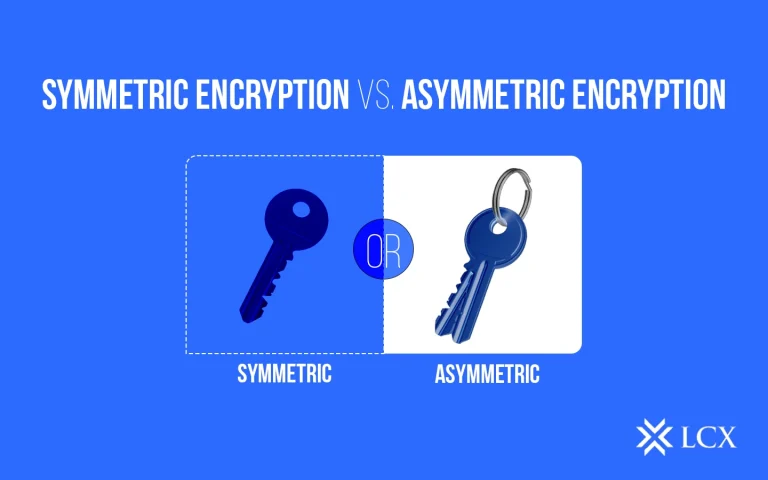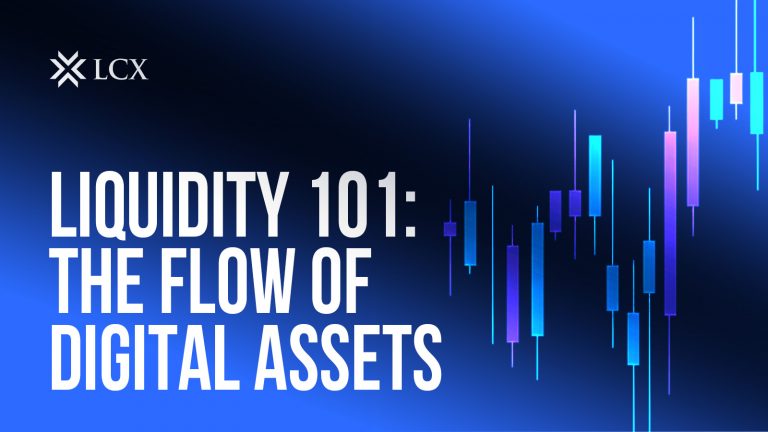Incorporating blockchain and artificial intelligence (AI) technology in financial planning and portfolio construction has enormous potential for enhancing the industry’s efficiency, precision, and security. Applying blockchain and AI in this industry could revolutionize how financial advisors construct portfolios and administer client data. Integrating blockchain and AI can provide a secure, transparent, and efficient way of conducting financial transactions while reducing the risk of fraud and errors.
What is Blockchain Technology?
A blockchain is a distributed database or ledger that is shared by the nodes of a computer network. They are best known for their crucial function in cryptocurrency systems for maintaining a secure and decentralized ledger of transactions, but they have other applications as well. Blockchains can be used to make data in any industry immutable, which is the technical term for its inability to be changed. Because blocks cannot be altered, the only place where trust is required is when a user or program enters data. This reduces the need for trusted third parties, which are typically auditors or other individuals who add costs and make errors. Various cryptocurrencies, decentralized finance (DeFi) applications, non-fungible tokens (NFTs), and smart contracts have proliferated on the blockchain since the introduction of Bitcoin in 2009.
What is Artificial Intelligence (AI)?
Artificial intelligence (AI) is the simulation of human intelligence using heuristics programmed in software. This code is now prevalent in cloud-based enterprise applications, consumer applications, and even embedded firmware. The ideal characteristic of artificial intelligence is the capacity to reason and take actions with the highest probability of attaining a specific objective. Machine learning (ML) is a subset of artificial intelligence that refers to the concept that computer programs can autonomously learn from and adapt to new data without human assistance. This automatic learning is enabled by the assimilation of vast quantities of unstructured data, such as text, images, and video.
Financial Planning With Blockchain and AI
The incorporation of AI and blockchain technology could provide a much-needed upgrade to the field of financial planning. Algorithms utilizing artificial intelligence could analyze immense quantities of data to aid in making informed decisions regarding investments, taxes, and insurance. In a matter of seconds, the algorithms could make real-time adjustments to financial plans, automate updates based on changing legislation, and reduce the risk of errors and fraudulent activities. This would result in more efficient and accurate financial plans, allowing financial advisors to devote more time to providing personalized advice and enhancing client relationships.
Using the blockchain’s secure and transparent platform, AI algorithms could also analyze and store sensitive financial data such as Social Security and tax information. This could enable faster and more accurate calculations, potentially resulting in financial plans that adapt in real-time without requiring manual updates.
Investment With Blockchain and AI
AI has the potential to revolutionize the investment industry by offering data analysis and prediction instruments. Algorithms based on artificial intelligence can analyze enormous quantities of financial data, identify patterns, and predict future trends, thereby assisting investors in making informed investment decisions.
The capacity to analyze market trends and identify potential investment opportunities is one of the most important advantages of AI in investment. Algorithms powered by artificial intelligence can analyze enormous quantities of data, such as stock prices, economic indicators, and news articles, to identify patterns and predict future market trends. This data can assist investors in making well-informed investment decisions and maximizing their returns.
Moreover, AI algorithms can assist investors in managing their investment portfolios by providing customized investment advice based on their financial objectives, risk tolerance, and investment preferences. AI-powered investment platforms can offer customized investment strategies to investors, allowing them to maximize investment returns and minimize investment risk.
However, AI presents a number of obstacles for the investment industry. One of the greatest obstacles is the possibility of bias in AI algorithms. AI algorithms are only as objective as their training data. If the data used to train an artificial intelligence algorithm is biased, the algorithm’s predictions will also be biased, resulting in suboptimal investment decisions.
Another difficulty is the possibility that AI could supplant human investment advisors. While AI-powered investment platforms can provide customized investment advice, they cannot replace a trusted financial advisor’s human touch. Human advisors can offer emotional support, assist clients in navigating complex financial situations, and offer a level of customization that AI-powered platforms may not be able to match.
Conclusion
Blockchain and AI have the potential to revolutionize financial planning and investment. Blockchain can introduce transparency, security, and cost-efficiency to financial transactions, while AI can equip investors with sophisticated data analysis and prediction tools to make informed investment decisions. However, these technologies also pose challenges, such as the possibility of bias in AI algorithms and the threat of human investment advisors being replaced. To ensure optimal financial planning and investment outcomes as these technologies continue to develop, it is necessary to establish a balance between innovation and the human touch.
